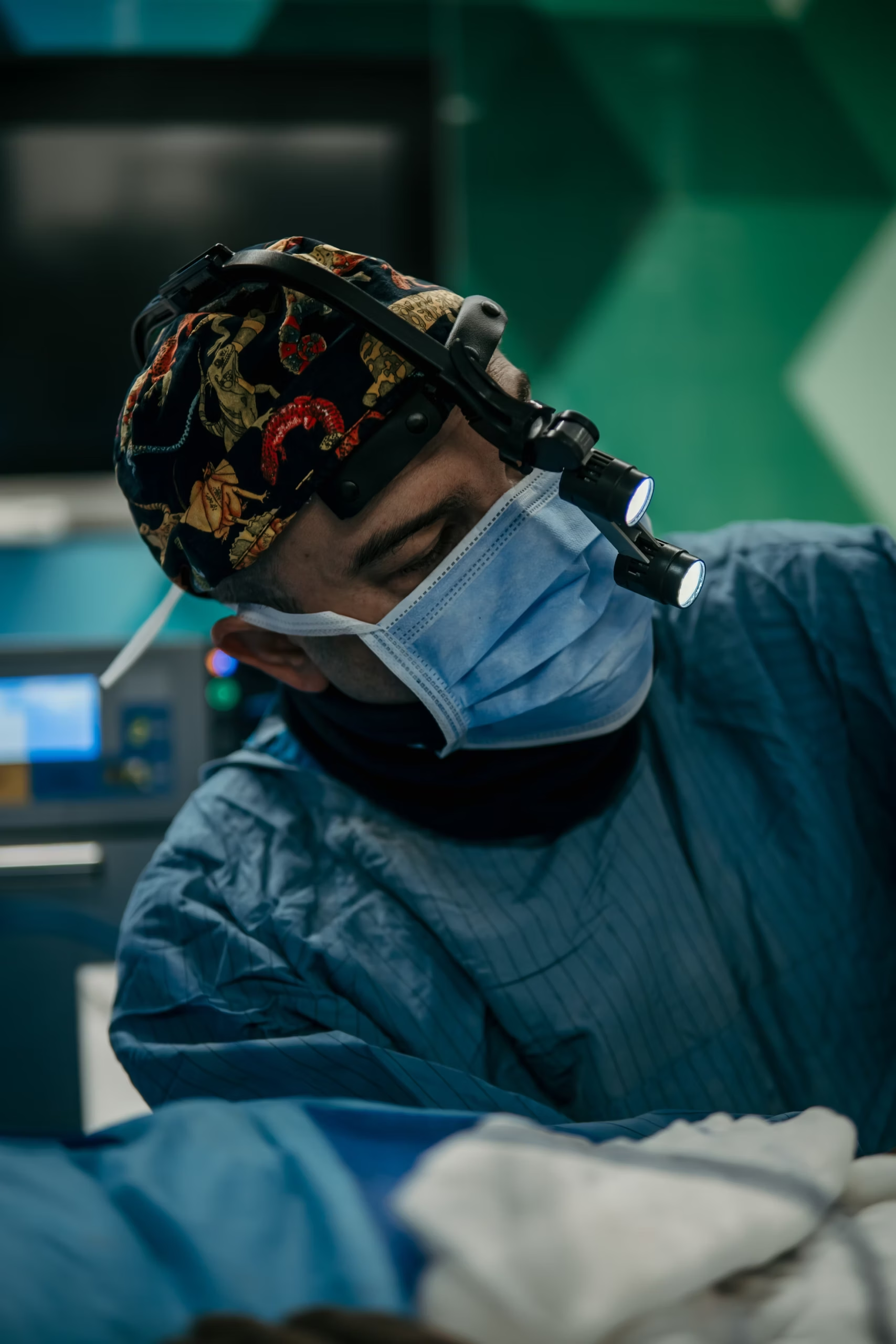Navigating Healthcare for Expats in Korea
Embracing Healthcare in Korea: An Expat’s Guide to Wellbeing
Moving to a new country brings excitement and challenges especially when it comes to accessing healthcare South Korea boasts one of the most efficient healthcare systems globally with advanced medical technology and highly trained professionals However understanding and navigating this system can be daunting for expats In this comprehensive guide we’ll equip you with essential knowledge insights and some lesser-known tips to make your healthcare experience in Korea smoother and stress-free
Understanding the Korean Healthcare System
Korea’s healthcare system is a hybrid model comprising public health insurance and private medical care The National Health Insurance NHI managed by the National Health Insurance Corporation NHIC is mandatory for residents including expats with a valid visa The public insurance system covers a significant portion of medical costs often reducing them to a fraction of what one might expect in other countries
Private healthcare facilities and clinics are also abundant and offer various services often without the long waiting times associated with public hospitals Many expats prefer private facilities for specialized treatments and more personalized care
Getting Your Health Insurance Card
As soon as you become a resident of Korea enrolling in the NHI is a priority To obtain your health insurance card visit a local NHIC office with your Alien Registration Card ARC and fill out the required forms Remember that your employer usually facilitates this process if you’re working in Korea Always carry your insurance card it ensures swift service and billing while visiting a healthcare provider
Finding English-Speaking Doctors and Clinics
Language barriers can pose challenges in medical situations Luckily many healthcare professionals in Korea speak English especially in major cities like Seoul Busan and Incheon Seeking out English-speaking doctors is easier if you utilize resources like the Korea Tourism Organization’s 1330 hotline which provides translation services Many hospitals also maintain a list of English-speaking staff or provide translation services on-site
Utilizing Mobile Healthcare Apps
In this digital age leveraging healthcare apps is invaluable Apps like Seoul Health and Health4U can help you locate nearby hospitals schedule appointments and even consult with doctors online These apps often provide multilanguage support simplifying healthcare navigation for expats
Essential Tips for a Smooth Healthcare Experience in Korea
1 Know Your Medical Rights and Responsibilities
Understanding your medical rights and responsibilities in Korea is crucial As an expat you are entitled to the same healthcare services as Korean citizens under the NHI However remember that some private institutions may not accept NHI leading to higher out-of-pocket costs Always verify whether your insurance covers the facility you plan to visit
2 Keep Digital and Physical Copies of Important Documents
Always have digital and physical copies of vital healthcare documents such as your insurance card ARC and any ongoing prescriptions Quick access to these can prevent delays during emergencies
3 Understand the Prescription System
Korea’s prescription system requires one to visit a pharmacy with a doctor’s prescription to obtain medication Some medicines available over-the-counter in other countries may require a prescription here It’s wise to familiarize yourself with the Korean names of any medicine you take regularly ensuring easier refills
4 Stay Informed on Traditional Korean Medicine TKM
Traditional Korean Medicine known as Hanbang is widely used and respected in Korea It includes acupuncture herbal medicine and cupping therapy While some expats might be less familiar with TKM trying alternative treatments can be beneficial for chronic ailments or general wellness Consult with a TKM practitioner who offers services in English
Staying Healthy and Informed in Korea
Maintaining your health goes beyond accessing medical care Engage in preventive healthcare practices by undergoing regular check-ups which are often covered by the NHI Many local community centers offer vaccination programs and health fairs providing complimentary health screenings
For more details and support resources in navigating daily life as an expat consider visiting Expat Korea The platform offers a wealth of information on living working and thriving in Korea



